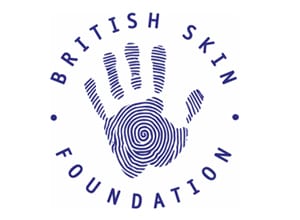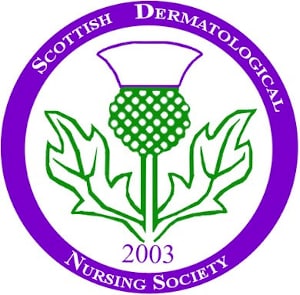WINNER
New Tertiary Referral Paediatric Psychodermatology Service for Children/Young People/Families
by St John’s Institute of Dermatology, St Thomas’ Hospital
There is a large unmet need for psychological support in children with visible, chronic, often severe, skin disease, which impacts greatly on children, young people (CYP) and families. Many national treatment guidelines advocate psychological support, but there is little funding or access to appropriate help. The St John’s Institute of Dermatology service at St Thomas’ Hospital treats CYP throughout the UK with disorders such as genetic skin disease, severe inflammatory disease, scarring disorders and diseases which cause visible difference. These can impact children’s self-confidence and quality of life, causing anxiety, low mood, and depression. The paediatric dermatology department, served by 10 paediatric dermatologists and eight paediatric tertiary specialist clinics, has seen an unprecedented growth in patient volume and complexity of clinical cases. A national paediatric psychodermatology service has been set up for CYP whose skin disease causes psychological impact, and those with skin conditions caused by psychological/psychiatric/neurodevelopmental comorbidities. This service has had excellent feedback from CYP/families, lowered CYP distress and reduced follow-up in general clinics/GP attendance.
Judges’ comments:
“St John’s Institute of Dermatology and St Thomas’ Hospital’s project showed great evidence of sharing best practice with a well-established service. Overall, there is not enough attention paid to the psychological impact of skin disease in the way we deliver services and we should bang the drum for this project to show just what can be done to help people live with long term skin conditions through psychological support.”
HIGHLY COMMENDED
A Pilot Project to Provide Holistic Care to Psoriasis Patients by Including CVD Assessment and Psychological Support
by Leeds Teaching Hospital Trust
Psoriasis is considered a skin disease, but it is increasingly recognised as a systemic disease associated with multiple comorbidities, including physical and psychological difficulties. There is clinical evidence that stress and psychological distress can play a role in the onset and exacerbation of psoriasis. Cardiovascular disease (CVD) risk has been found to be more common in psoriasis patients, attributable to both the disease itself and modifiable factors. Assessing the psychological impact of psoriasis on an individual, identifying cardiovascular risk, and providing relevant support for both, are NICE priorities. Assessing patients’ CVD risk and screening for psychological difficulties during their psoriasis clinical consultation provides the opportunity to intervene to improve patient care through primary prevention of CVD, and improvements in psychological wellbeing and quality of life through psychological support. The existing Leeds Teaching Hospital Trust-based psoriasis service carried out a pilot project to provide a holistic service, incorporating psychological screening and support with CVD risk assessment and support. A case has been made for a permanent holistic psoriasis service.
Judges’ comments:
“The Leeds Teaching Hospital Trust Project demonstrated huge empathy for people with psoriasis and the bigger systemic disease with it. It showed a good, coherent, impressive approach to holistic care for people with psoriasis, including potential CVD complications. The judges were really pleased to see there was psychological support offered to adults. A brilliant project.”







